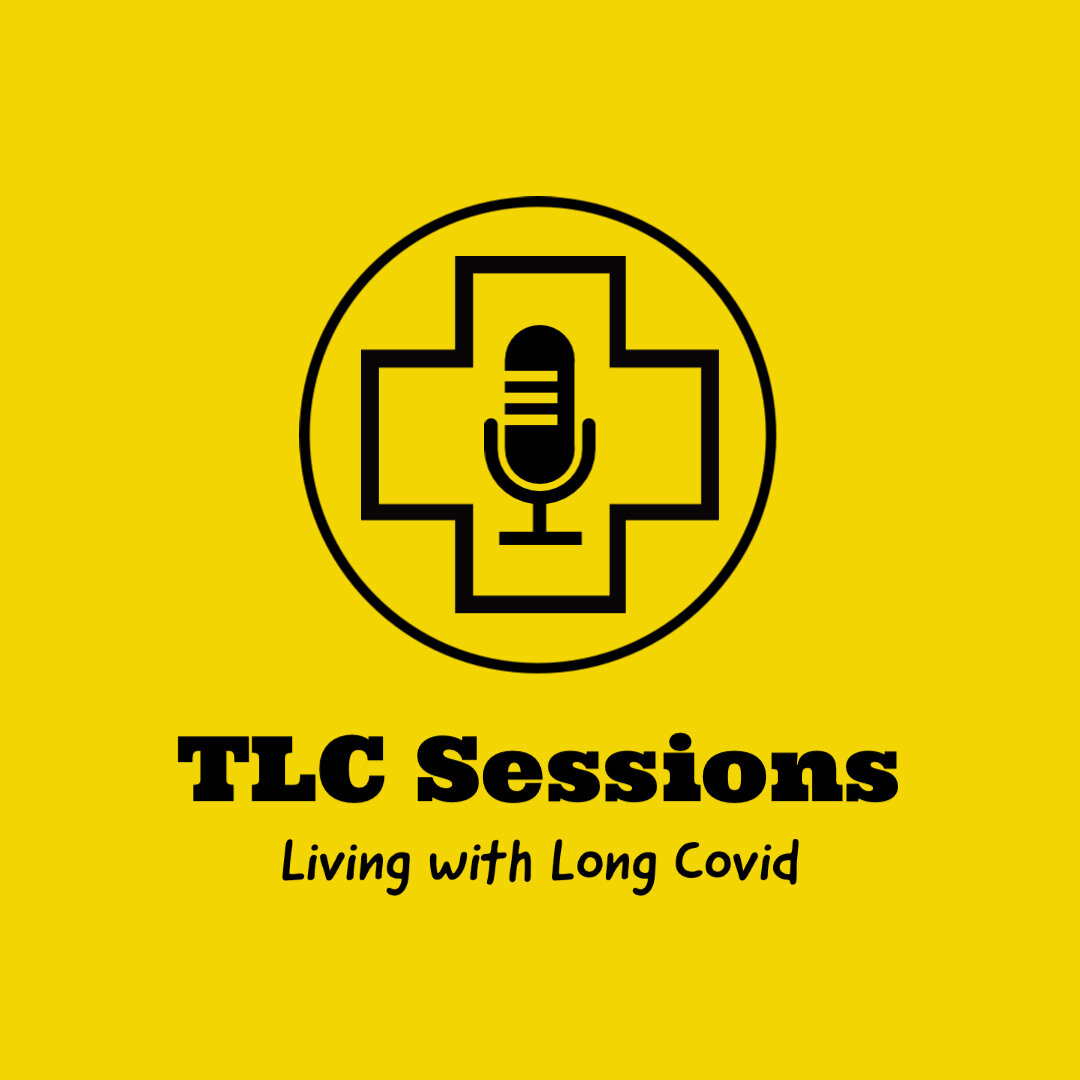Find out about the latest episodes, and listen here:
Episode 77: Dr. Theoharis Theoharides - the mast cell master
“Do you classify Long Covid as a neurological condition, for everyone, regardless of their symptomatology?”
“Absolutely yes, I think a major component of Long Covid is neurological, and by neurological I don’t mean only central neurological, peripheral neurological….”
Episode 68: Dr Steven Allder - Re:Cognition Health
“60 to 70% of the Long Covid patients with that specific people phenotype - that type of pattern of symptoms - got quantifiable, abnormal pain PET scans, which puts the problem, I think, really in the brain.”
Episode 59: Dr Wes Ely - Treating with humanity
“I would word this as a massive public health problem… crisis that most of the world is yawning through and sleepwalking through. I think people are sleepwalking through this because it's too invisible.”
Episode 56: Dr Jim Jackson - Clearing the Fog
Dr Jim Jackson, research professor of Medicine and Psychiatry at Vanderbilt University Medical Centre, does not believe that Long Covid is all in your mind, but he has found that treating the brain, as if it has a brain injury, can help Long Covid recovery. In this week’s episode Dr Jackson explains his clinical experience of the neurological impact of Long Covid from brain fog to anxiety, PTSD to OCD. He discusses the power of cognitive rehabilitation (which should be viewed as physiotherapy for the brain) and tells us about his book “Clearing the Fog: A practical guide to surviving and thriving with Long Covid”. And he talks us through the power of talking to others within the community: his support groups have been a hugely impactful for sufferers enabling them to learn from each other, learn how to advocate for themselves, and give them hope.
Episode 39: Lavanya Visvabharathy - T cell memory dysfunction in Long Covid
“So the hypothesis that I had here was that Long Covid patients seem to have this constellation of symptoms that were resembling some kind of immune disturbance. So I thought that if we actually looked at underlying T cell responses to the virus, we could find a pattern that differentiated these patients from those who completely recovered after. As an immunologist, it kind of screamed let's look at the T cell response.”






